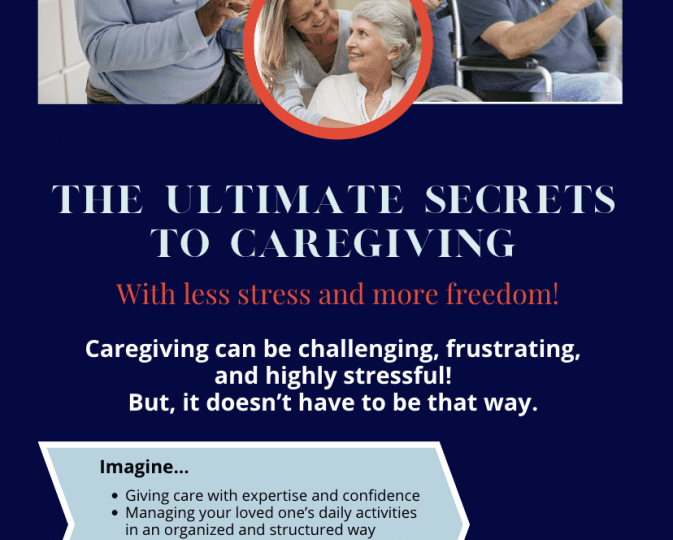Aging with sleep apnea
Understanding Sleep Apnea
Before diving into caregiving strategies, it’s crucial to understand what sleep apnea is. Sleep apnea is a sleep disorder characterized by pauses in breathing or shallow breaths while sleeping. These interruptions can lead to poor sleep quality, daytime fatigue, and severe health issues like cardiovascular problems if left untreated.
Types of sleep apnea
Obstructive
Central
Mixed
Recognizing the Symptoms
Symptoms
Secondary complications of sleep apnea
Daytime fatigue
Heart ailments and hypertension
Liver problems
Surgery complications
Creating a Comfortable Sleep Environment
An essential aspect of caring for seniors with sleep apnea is creating a comfortable sleep environment. Ensure that their bedroom is conducive to quality sleep. Keep the room dark, quiet, and at a comfortable temperature. Invest in a supportive mattress and pillows to promote proper sleep posture, which can help alleviate breathing difficulties.
Utilizing CPAP Therapy
Continuous Positive Airway Pressure (CPAP) therapy is a standard treatment for sleep apnea. It involves wearing a mask over the nose and mouth that delivers a steady stream of air, preventing the airway from collapsing during sleep. As a caregiver, you can assist your loved one by helping them properly fit the mask, cleaning it regularly, and ensuring they use it consistently as prescribed by their doctor.
Encouraging Lifestyle Changes
In addition to medical interventions, specific lifestyle changes can significantly improve sleep apnea symptoms. Encourage your aging loved one to maintain a healthy weight, as excess weight can contribute to airway blockages. Encourage them to engage in regular exercise, which can improve overall sleep quality. Additionally, discourage alcohol and sedatives, as these substances can relax the throat muscles and worsen sleep apnea symptoms.
Establishing a Sleep Routine
Consistency is vital for individuals who are aging with sleep apnea. Help your loved one establish a regular sleep routine by encouraging them to go to bed and wake up simultaneously every day. Consistent sleep patterns can regulate their internal clock and enhance the effectiveness of sleep apnea treatments.
Monitoring and Documenting Progress
Keep track of your loved one’s sleep patterns and any changes in their symptoms. Maintaining a sleep journal can help you identify trends and provide valuable information to your healthcare provider. This collaborative approach ensures that the care plan remains effective and can be adjusted as needed.
Offering Emotional Support
Caring for someone with sleep apnea involves more than physical tasks; emotional support is equally important. Understand that coping with a chronic condition can be challenging for your aging loved one. Be patient, listen to their concerns, and provide reassurance. Your presence and understanding can significantly impact their emotional well-being.
Staying Informed
The field of sleep medicine is constantly evolving, with new treatments and strategies emerging. Stay informed about the latest developments by attending medical appointments with your loved one, reading reputable sources, and engaging in support groups or online communities. Staying up-to-date allows you to make informed decisions about their care.
Additional Education
Education in caregiving refers to acquiring the knowledge, skills, and understanding necessary to provide care for individuals who require assistance with activities of daily living, such as bathing, dressing, eating, and grooming. This education can be obtained through formal programs or on-the-job training and experience. Education in caregiving aims to equip individuals with the skills and knowledge necessary to provide high-quality, compassionate care for those in need.
Caregiving can be challenging, frustrating, and highly stressful!
But . . . it doesn’t have to be that way.
Imagine . . .
Giving care with expertise and confidence
Managing your loved one’s daily activities in an organized and structured way
You follow a proven caregiving system that provides for your loved one’s needs while giving you peace of mind.
If the above sounds like what you need and have been searching for desperately . . . Then you need to enroll in The Ultimate Secrets to Caregiving with LESS Stress and MORE peace course!
Conclusion
Caring for aging loved ones with sleep apnea requires a holistic approach encompassing medical interventions, lifestyle changes, and emotional support. You can significantly enhance their quality of life by understanding the condition, collaborating with medical professionals, and implementing effective strategies. Remember, your dedication as a caregiver is vital in helping your loved one navigate the challenges of aging with sleep apnea and enjoy restful, rejuvenating sleep.
The post How To Effectively Care For The Aging With Sleep Apnea Now appeared first on The Caregiving Strategist.

